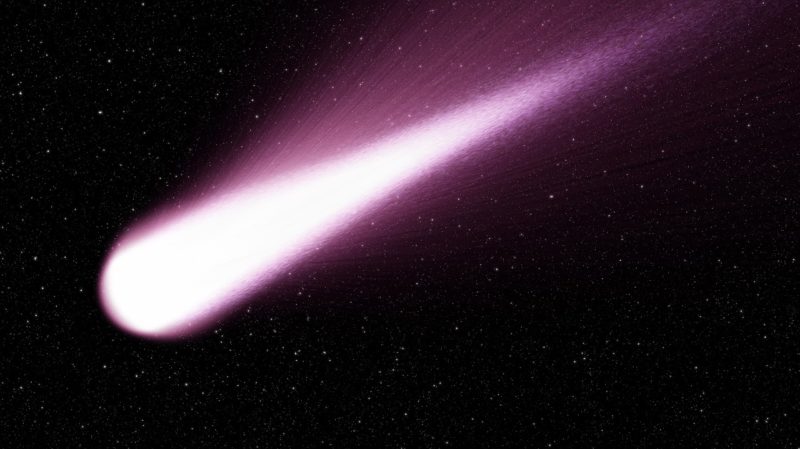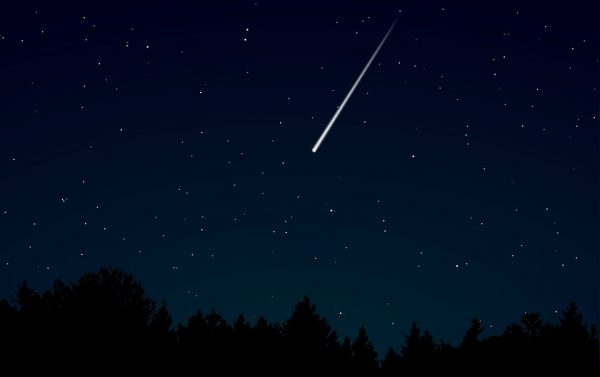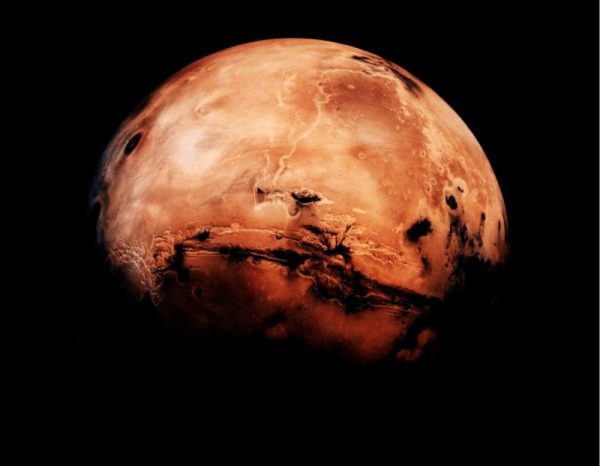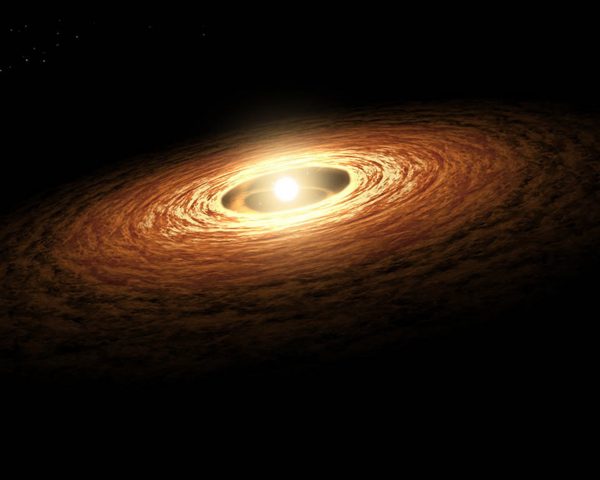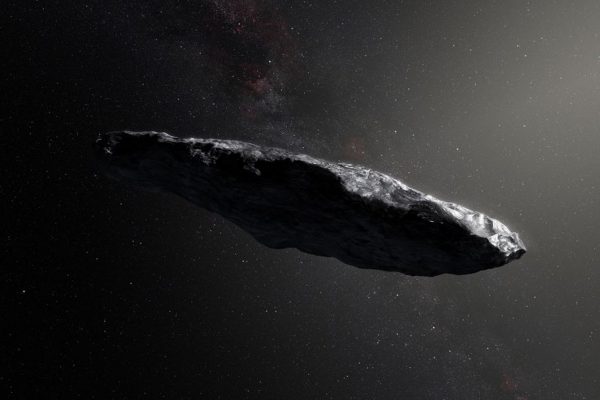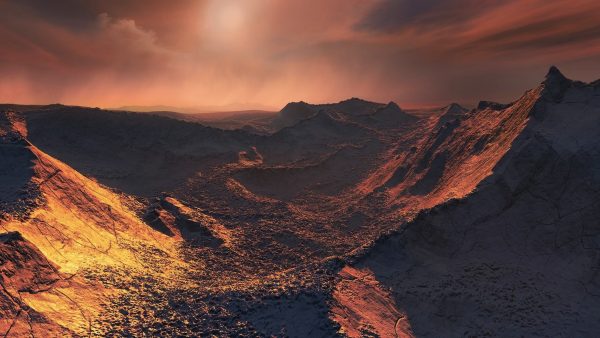FOR WRITERS: Art Imitates (My) Life
FOR WRITERS Today’s writer topic comes from QSFer Warren Rochelle: How much of your own life—settings, events, people, pets—do you borrow and use? Writers: This is a writer chat – you are welcome to share your own book/link, as long as it fits the chat, but please do so as part of a discussion about the topic. Join the chat: FB: http://bit.ly/1MvPABV MeWe: http://bit.ly/2mjg8lf





